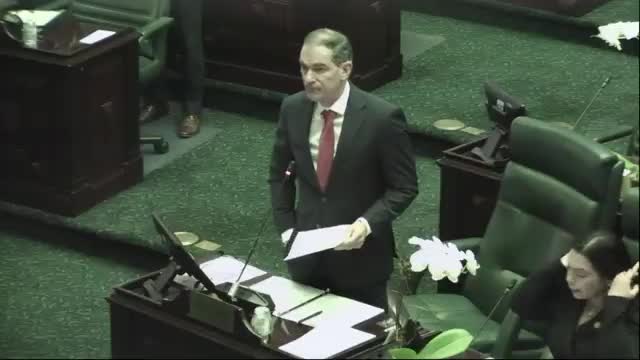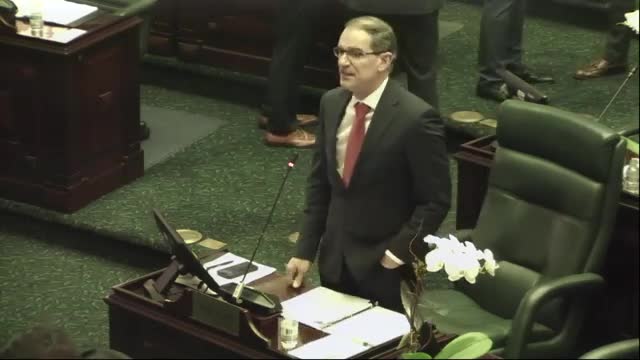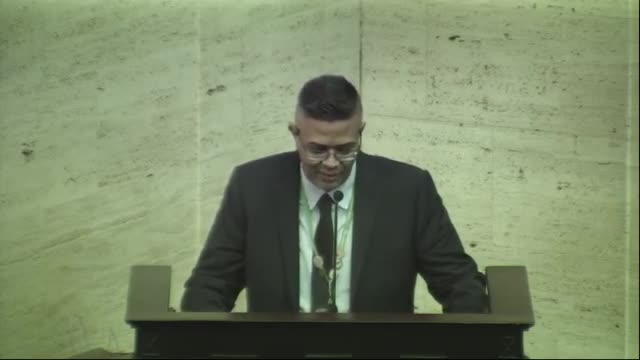Article not found
This article is no longer available. But don't worry—we've gathered other articles that discuss the same topic.

Cámara aprueba enmienda que retrasa salida del carbón hasta 2032; proyecto energético (PC 267) pasa 30-16

Votación final: resumen de proyectos y resoluciones aprobados por la Cámara (27 de febrero)

